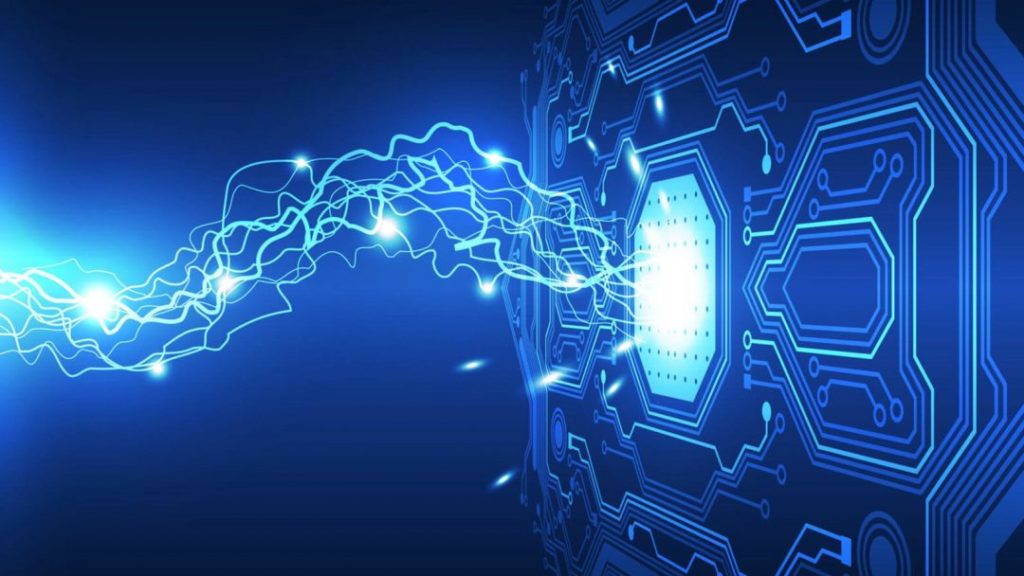
The new Lightning Service Authentication Token
What if you could access one of your favorite websites and services without email, username or password? What if instead of entering your personal information to access a social media platform, it was enough to send a one-off micropayment and keep the receipt?
This is the future of Lightning Labs with the Lightning Service Authentication Token (LSAT for short), at least as regards the way developers share access to infrastructure and services.
The startup focused on Lightning Network has just released the specifications for the standard. An LSAT is essentially a ticket / receipt that acts as an ID / credential for an online service. Tickets are encoded with information that tells the website which services the user is authorized to access.
These are coined using a mix of old and new: the error code HTTPS 402 ("payment required") and the Bitcoin Lightning network, a secondary network for faster and cheaper payments. The error code provides the basis for a "paywall", while the Lightning network provides the means of payment and the ticket, as proof of authentication.
According to the LSAT scheme, users can pay for a service and receive a receipt for the purchase, which they can then use to prove their identity during future logins, with no password or username required.
Olaoluwa Osuntokun, CTO of Lightning Lab, said that LSATs can be "useful for service providers who expose a final API to the user" for certain services such as rental of storage and disk space or access rights to indexes some data.
A new level of flexibility
According to Osuntokun's post, the advantage is in the flexibility that LSAT offers to invest. You can create tokens with expiration dates to create limited access, for example, or charge customers for using measured payments that bill only when a condition is met (for example, a developer who pays hosting capacity by the gigabytes).
"You can get a bearer credential, which codes what / how you can access the service," said Osuntokun. In essence, this authentication works similarly to cookies: data fragments that keep track of what you do on certain websites stored on your computer.
These cookies are stored as points of reference (eg. For login information) for the website and are recovered when necessary. For LSAT, the payment receipt is stored as a reference to allow access to online services.
Lightning Labs is calling all the intrepid developers of Bitcoin Lightning Network to test its new toy and build something on what it calls the "Lightning native web". We look forward to all the amazing things that developers will build with this new standard and new support tools!
